Chief judge who dismissed Rocky Hill mine appeal founded eco legal centre that helped win case
The Chief Judge of the NSW Land and Environment Court who blocked a coal mine due to factors including climate change founded the group of activist lawyers for whom he last week ruled in favour. Farmers say the region is going under and the mine would have injected millions into the economy.
NSW
Don't miss out on the headlines from NSW. Followed categories will be added to My News.
The Chief Judge of the NSW Land and Environment Court who blocked a coal mine due to factors including climate change founded the group of activist lawyers for whom he last week ruled in favour.
The Daily Telegraph can reveal Justice Brian Preston co-founded the Environmental Defenders Office (EDO) NSW in 1985 and acted as its principal solicitor before leaving the organisation in 1987 to join the bar.
The EDO NSW, which received $260,000 from the state government last year, represented community group Groundswell Gloucester in Justice Preston’s court last week where it successfully argued for the Rocky Hill mine on the mid north coast to be blocked to stop global temperatures from increasing by 2C.
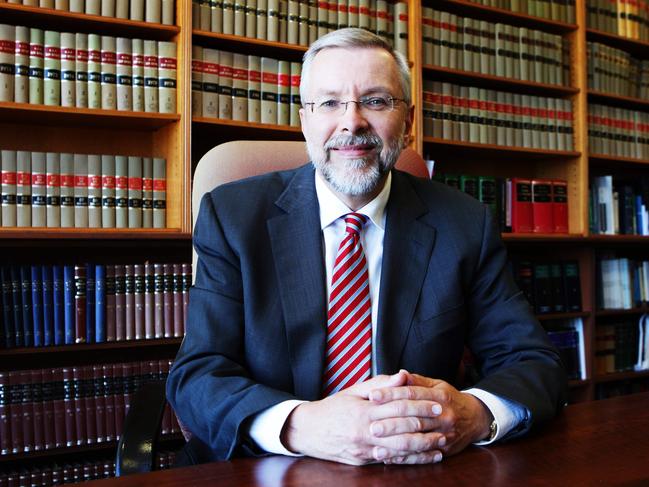
MORE NEWS
Fiji drugs trial takes heavy toll on Nikolics
Man, 24, electrocuted at Moorebank worksite
Child rapist to fight ban on associating with boys
Justice Preston’s judgment he said there was an “urgent” obligation to block the coal mine because Australia had signed the Paris Agreement.
“The greenhouse gasses (GHGs) emissions of the coal mine and its coal product will increase global total concentrations of GHGs at a time when what is now urgently needed, in order to meet generally agreed climate targets, is a rapid and deep decrease in GHG emissions,” he wrote.
“These dire consequences should be avoided. The project should be refused.”
The Telegraph is not suggesting any bias on the part of Judge Preston.
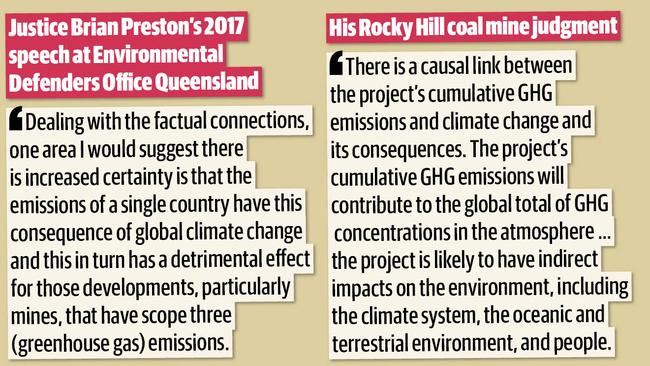
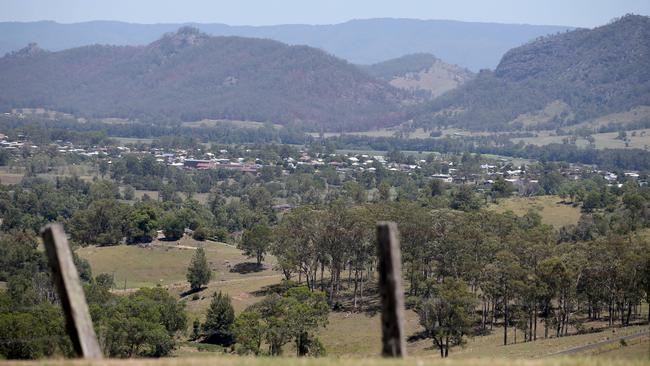
In March 2017, Justice Preston spoke at an EDO Queensland event titled Paris Climate Agreement: Implications for Australian Lawyers, where he told the room full of activist advocates that the recently signed UN agreement was a “good thing” and would now start to influence “domestic” courts.
“We can see that it’s a successful treaty — some have said it has come into force in record time, which is unusual, normally there can be the enthusiasm of the signing … but there was a rush in this case, which was a good thing, and it has come into force,” he said.

In 2016 at a speech at the University of NSW he outlined his plan to tackle the “wicked problem of climate change”, calling for reforms to the energy market.
“Not only is the current market framework perpetuating carbon-intensive patterns of electricity generation but its legal frameworks are designed and embedded in a way that makes change cumbersome and difficult to achieve,” Justice Preston said.
“There is a need to reform not just the patent architecture of laws regulating climate change and its consequences but also the underpinning foundations of the laws and the legal system. “For example, principles of the rule of law, legality and separation of powers are constitutional bedrocks of the legal system and any action in relation to climate change will be judged against them.”

The Council of Chief Justices of Australia’s most recent Guide to Judicial Conduct said judges may need to disqualify themselves from matters if their relationship to a “litigant community organisation” creates even the perception of bias. It also strictly warns judges not to hold “strong views” on matters they will preside over in court.
“If a judge is known to hold strong views on topics that are relevant to issues in the case by reason of public statements or other expression of opinion on such topics, possible disqualification of the judge may have to be addressed, whether or not the matter is raised by the parties,” the guide says.
“In such a case, the judge will have to assess, and respond to, the risk of an appearance of bias. The risk is especially significant when a judge has taken part publicly in a controversial or political discussion.”
Judge Preston did not mention his links over the past 30 years to the EDO when he ruled in its client’s favour last week. In 2015 he was honoured at EDO NSW’s anniversary dinner, where it put him on the front page of its magazine in recognition of his role in starting the organisation.

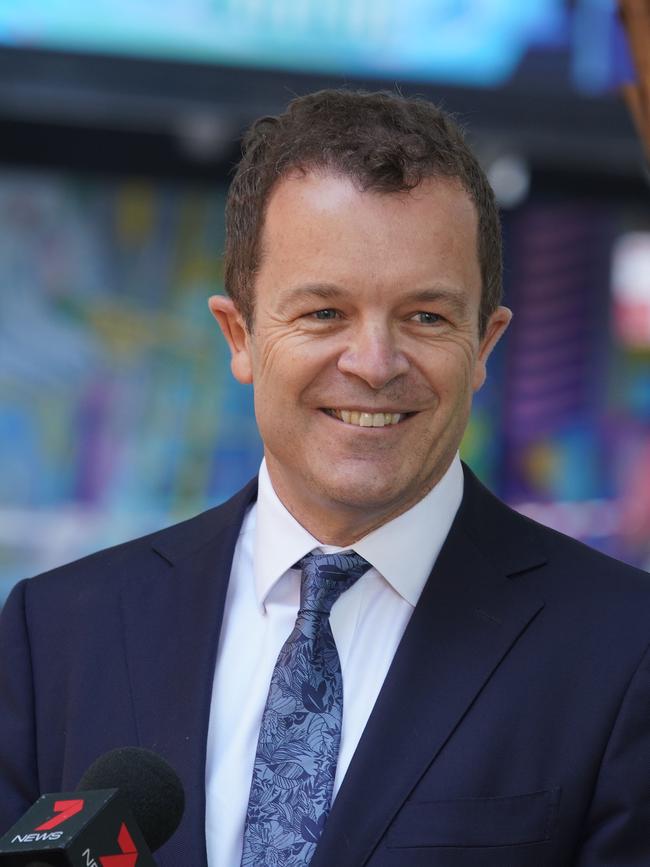
The judicial conduct guide also details issues with the perception of bias.
“Disqualification may be the most prudent course to adopt where a relationship exists,” the guide says.
“There may be no significant conflict of interest, but a real risk of the appearance of bias by reason of the judge’s empathy with the organisation.”
Attorney-General Mark Speakman said parties involved in litigation were able to ask a judicial officer to disqualify themselves if they suspected bias.
“Any Party to a litigation may apply to a judicial officer to recuse themselves from a particular matter on grounds of actual or apprehended bias,” Mr Speakman said.
“As this case may be subject to an appeal any further comment from me would be inappropriate.”
EDO NSW chief executive David Morris declined to comment on Monday on his relationship with Justice Preston.
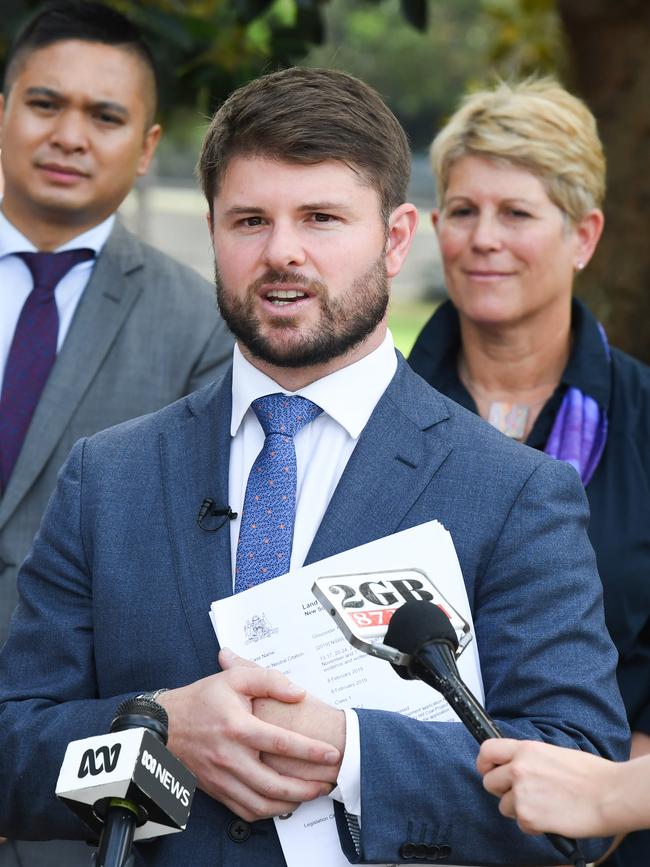
“That’s not something I can comment on,” Mr Morris said.
“He hasn’t spoken at events since I became CEO and we don’t pay speakers generally.
“We represent a lot of communities in NSW and some relates to mining and some does not.
“(In this case) our barrister was paid a very minimal fee and our experts were paid costs in terms of travel and accommodation but generally speaking everyone was working pro-bono.”
Justice Preston did not respond to inquiries from the Telegraph.
‘We need more than tourism’: Dairy farmer
by Jack Houghton
Dairy farmer Rob Williams was hoping the Rocky Hill coal mine would be approved to give his region an economic boost.
The Gloucester man said the town was suffering because a group of well-funded retirees were able to block nearby projects with litigation.
“The drought is killing us and we are now in a situation where we have to plan what we will do next,” he said.
“The dairy industry is in decline, timber is non-existent and we are trying to stop haemorrhaging economy by supporting new business.
“We have one advantage over other regional towns though and that is because we have natural resources. The only problem is we can’t touch them because people are too worried about climate change.”
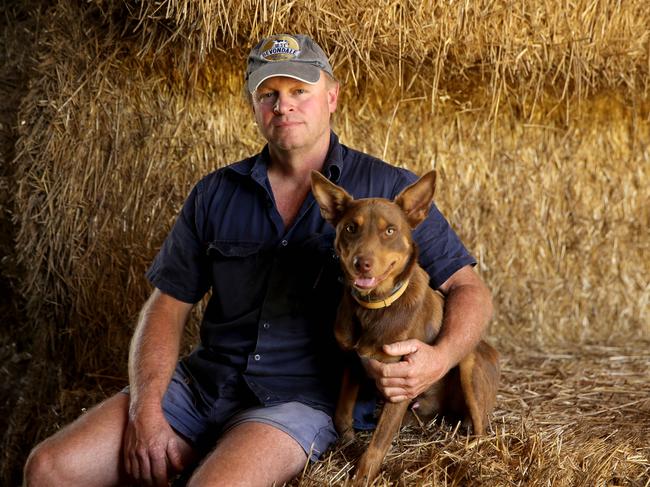
Mr Williams said people in the town had a diverse set of opinions and many business owners were looking forward to the mine.
“It is simply untrue that everyone in the town did not want the mine,” he said.
“It can be made to look that way if you complain loud enough but it not a reality that everyone only wants tourism businesses/. This place isn’t the Gold Coast. We need more than just tourism.”
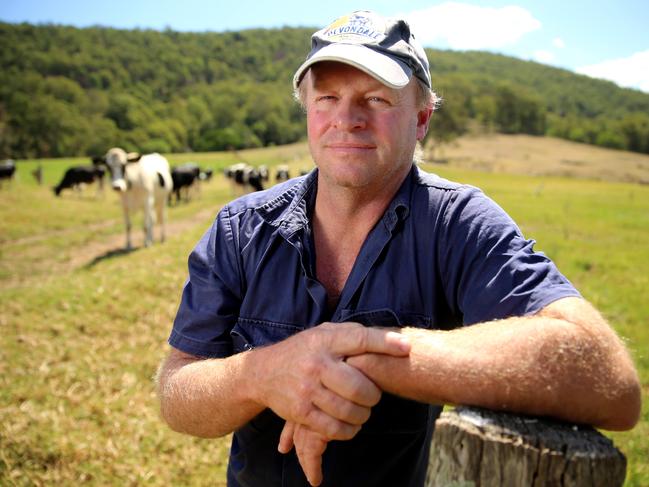
The Rocky Hill Mine would have employed 110 employees and generated millions of dollars for the local economy.
NSW Minerals Council Stephen Galilee said he wanted mines approved on merit.
“NSW has one of the most rigorous planning assessment systems in the world. As part of the planning system, the mining industry has only ever sought clarity, consistency and a fair go.
All projects should be transparently assessed based on their merits and on facts and evidence. “As this case may be subject to an appeal any further comment from me would be inappropriate.”
Originally published as Chief judge who dismissed Rocky Hill mine appeal founded eco legal centre that helped win case



